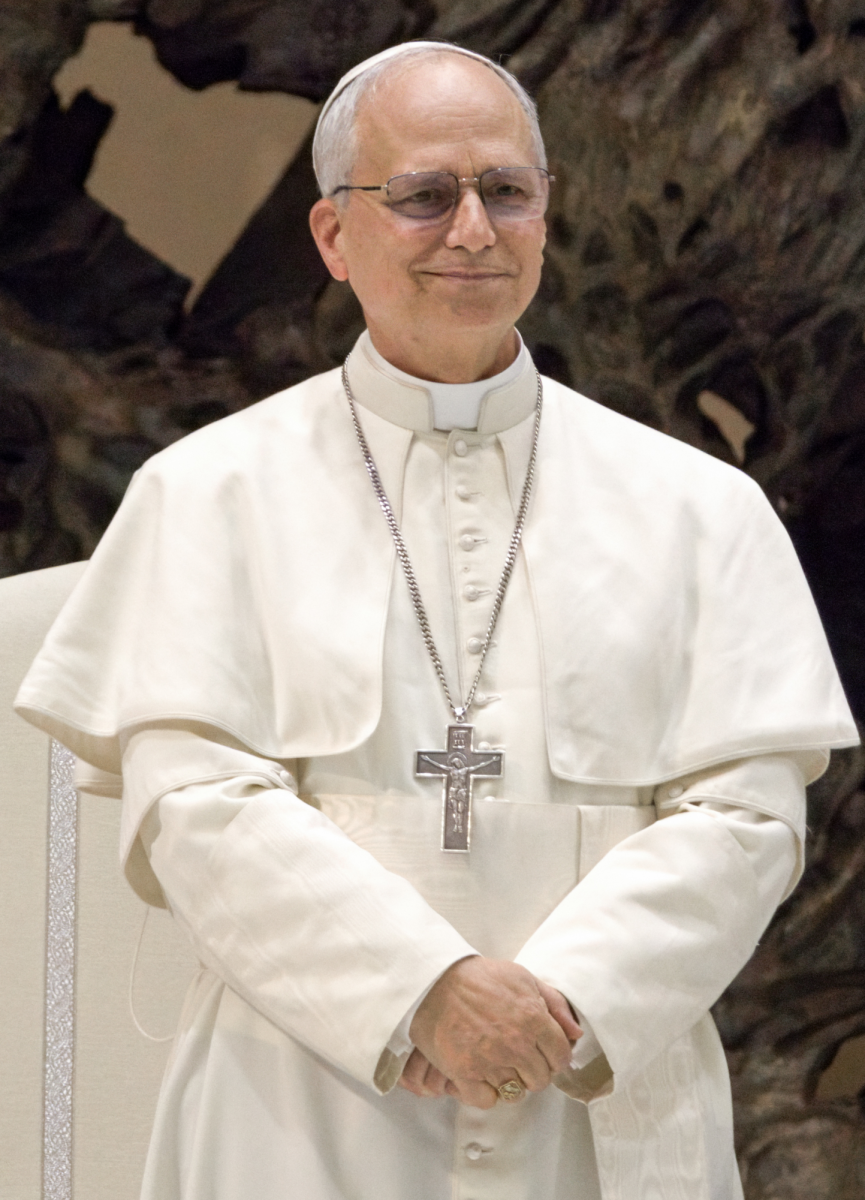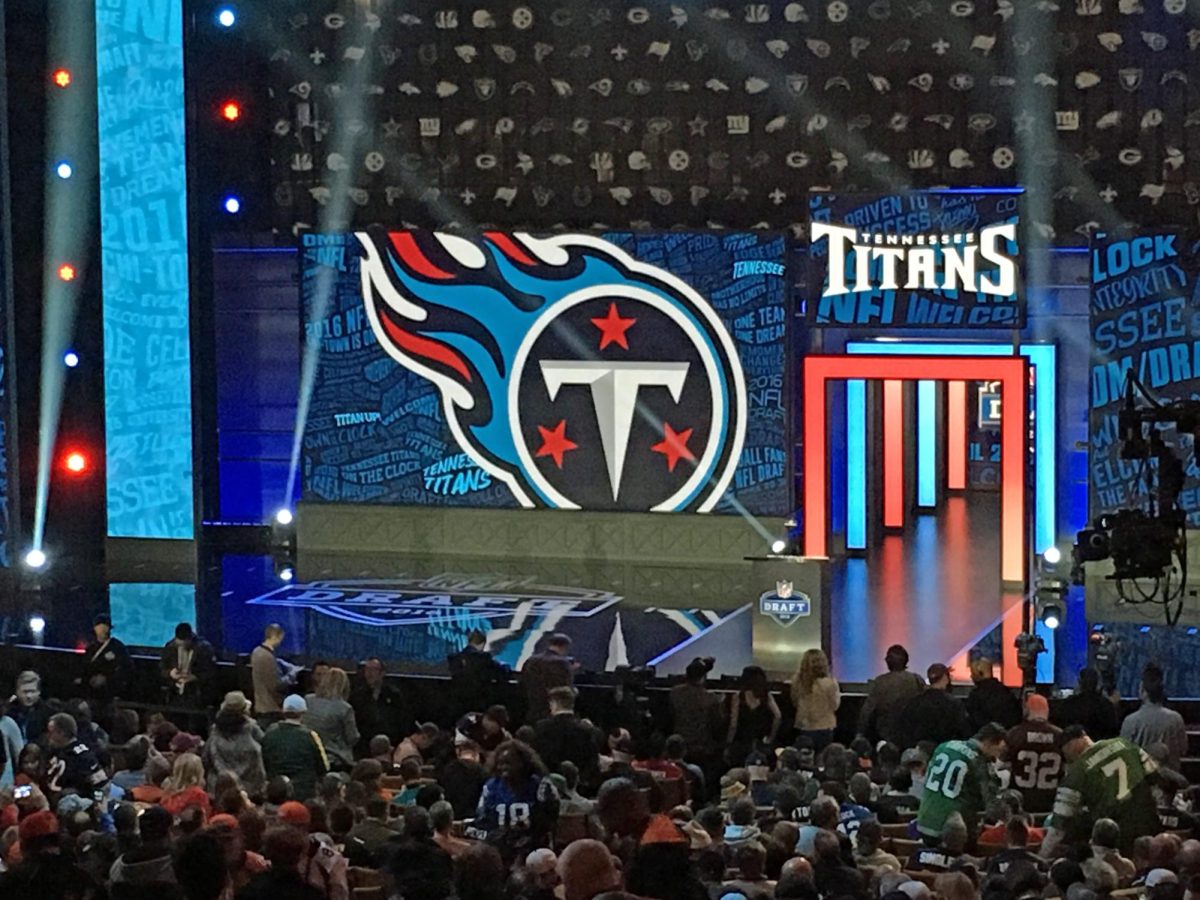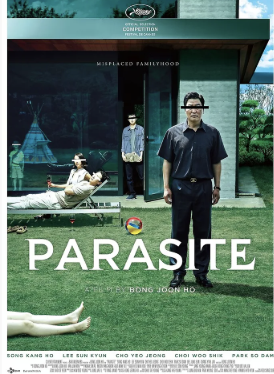Social Justice Workshops Continue…
May 13, 2019
On Friday April 12th, Delbarton held the second social justice workshop of the school year. The workshop aims to teach freshmen about current issues of social justice. This year’s workshop focused on educational opportunity and disparities.
The workshop was conducted in four sections, each covering a principal part of the topic. In order to create a workshop that was efficient, the committee split the overarching theme of educational disparities into advantages of private schools, involvement and education in the home, disparities between public schools, and the dynamic between wealth and college admissions.
An important goal of the committee in this workshop was to communicate the lesson without making peers feel uncomfortable. The goal of this workshop was to teach the freshman how the situations of students across the country differ and how one should never pass judgement because it is impossible to understand someone’s entire situation. Far too often, some of the brightest minds in the nation end up at less prestigious institutions or do not go to college at all because they lack the resources and the opportunities to attend top-flight colleges and universities. The committee wanted to teach the freshmen about this reality so they can better understand how the education system fails in many areas.
The first group on the advantages of private schools touched on how many private schools help to give an unfair advantage to privileged youth around the country. This group touched on advantages in areas like college admissions, jobs, safety, and educational and extracurricular opportunities. The group focused on the massive difference in many public schools and elite private and boarding schools like Delbarton.
The second group focused on differences in education and home depending on family income. This group focused on how wealthier families have more time and resources to support their children’s opportunities. Simple acts like reading to a child can help him grow intellectually and many poor, single parent households lack the time and resources provide their students these opportunities. Wealthy families tend to ingrain educational and professional aspirations and goals into their children and these aspirations motivate them to work hard and achieve their goals. This group focused on how programs like Head-Start can help provide lower-income families with the opportunities for their children to excel in the academic sphere.
The third group focused on the disparities between public schools in poor and wealthy areas. The school system in many impoverished areas lack the same opportunities as great public schools like Ridge High School or Mendham High School. These disparities in quality or teachers, infrastructure, and programs provide an unfair advantage to children who live in wealthy areas. In many ways, the school systems of poor areas are directly contributing to the school-to-prison pipeline that plagues many poor urban areas around the country.
The final group touched on the ways wealth influences college admissions. This year’s social justice committee felt that this topic touched on a topical issue in light of the recent “Varsity Blues” FBI college bribery scandal. This group explained how wealth can help applicants in areas ranging from SAT tutoring to outright bribing their way into elite schools. Furthermore, this group brought up “white affirmative action” that comes in the form of legacy preferences. Theses factors all help the already advantaged youth of America gain an even greater advantage in college admissions, necessitating the need for programs like Affirmative Action.
Ultimately, this spring’s social justice workshop touched on a very important issue of today’s society. We hope that the freshmen learned something truly valuable from the workshop and will carry the knowledge they have gained through the rest of their Delbarton careers and their time in college. With a outstanding presentation by Dr. Donovan, the spring workshop came to an end with the freshmen ultimately reflecting on what they were taught by their brothers that day.























